Research field
Experimental Biophysics, Biomechanics, Microscopy
Research focus
Transmission of force is a classical physical concept applied to the study of live cell dynamics, intracellular protein translocation, and transduction of mechanical signals along intracellular pathways. Mechanical forces are important stimuli and determinants of many cell functions including contraction, proliferation, migration, and cell attachment. Relatively little is known about how cells sense and integrate mechanical forces at the molecular level to induce intracellular signaling. Thus, we are interested to study in real-time the molecular mechanisms responsible for altering the intracellular cytoskeletal force balance and the effect of mechanotransduction to the reorganization of cell-matrix adhesion sites. By using non-traditional integrative experimental approaches, we aim to gain insights into the fundamental biophysical principles of cellular adaptation to the microenvironment. We apply this biophysical approach to understand how cellular contractile dysfunction affects activation of mechanosensitive pathways involved in vessel wall pathological remodeling.
Microscopy Laboratory
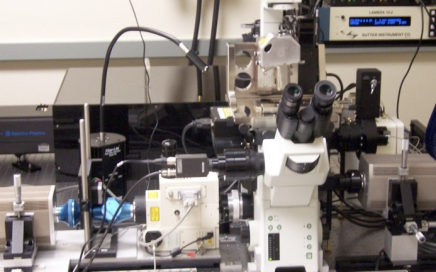
Integrated atomic force microscopy (AFM) with total internal reflection fluorescence (TIRF), and spinning disk confocal microscopy
Cellular mechanosensitive remodeling to external forces
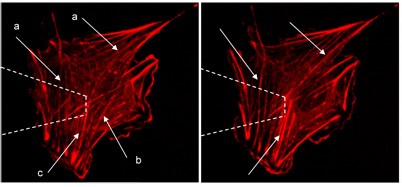
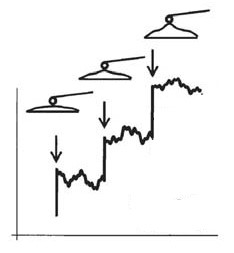
Quantitative single cell imaging combined with simultaneous mechanical stimulation.
Cytoskeletal tension involvement in regulation of cellular adaptation to microenvironment

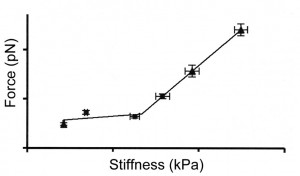
Adhesion force spectroscopy measurements provide functional data on adhesion strength to the matrix and cell stiffness
Functional role of integrins in cytoskeletal organization and cellular contractility
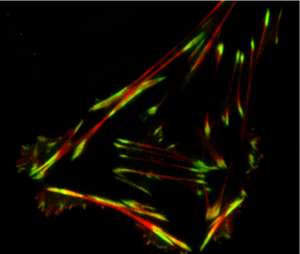
TRIF imaging combined with expression of engineered fluorescent proteins.